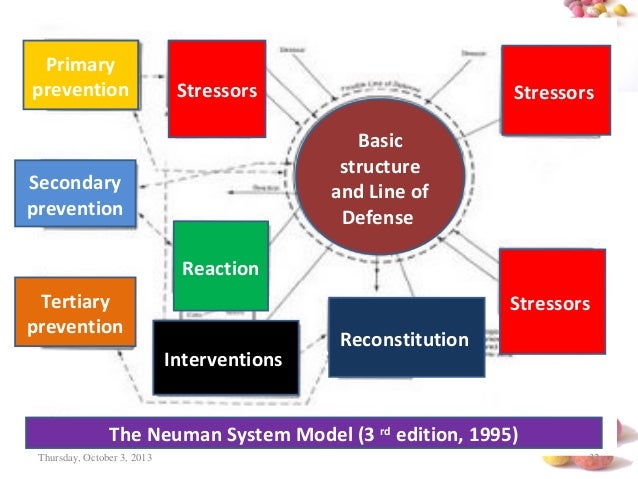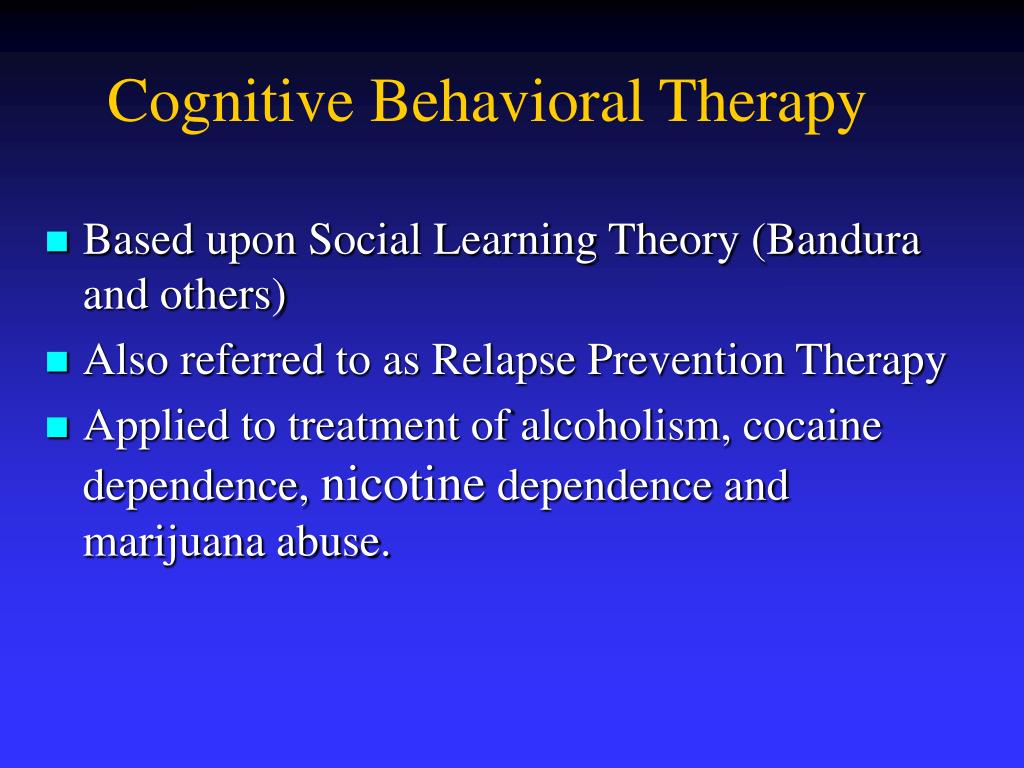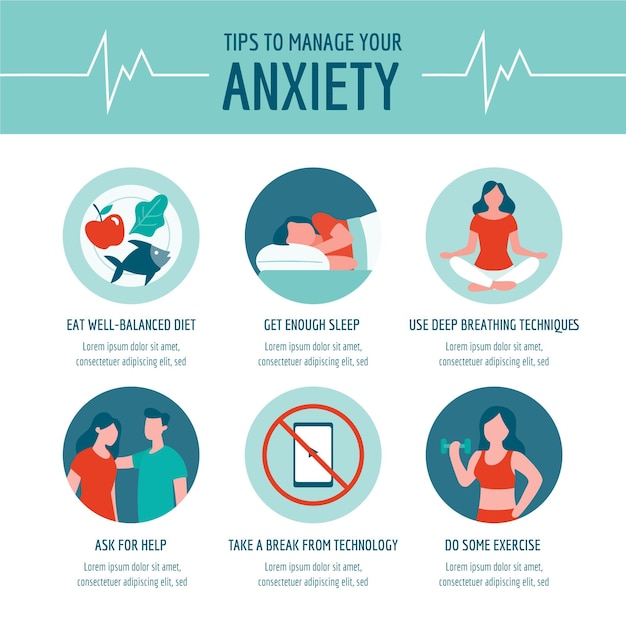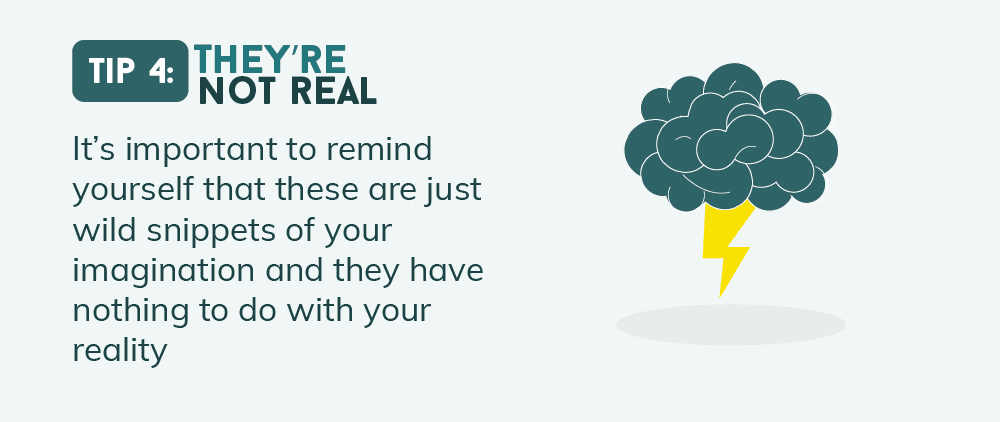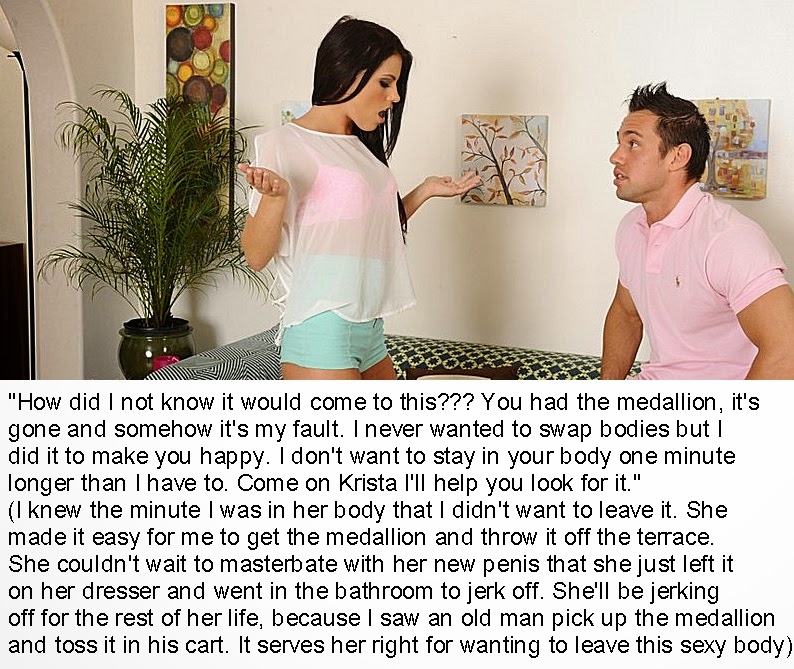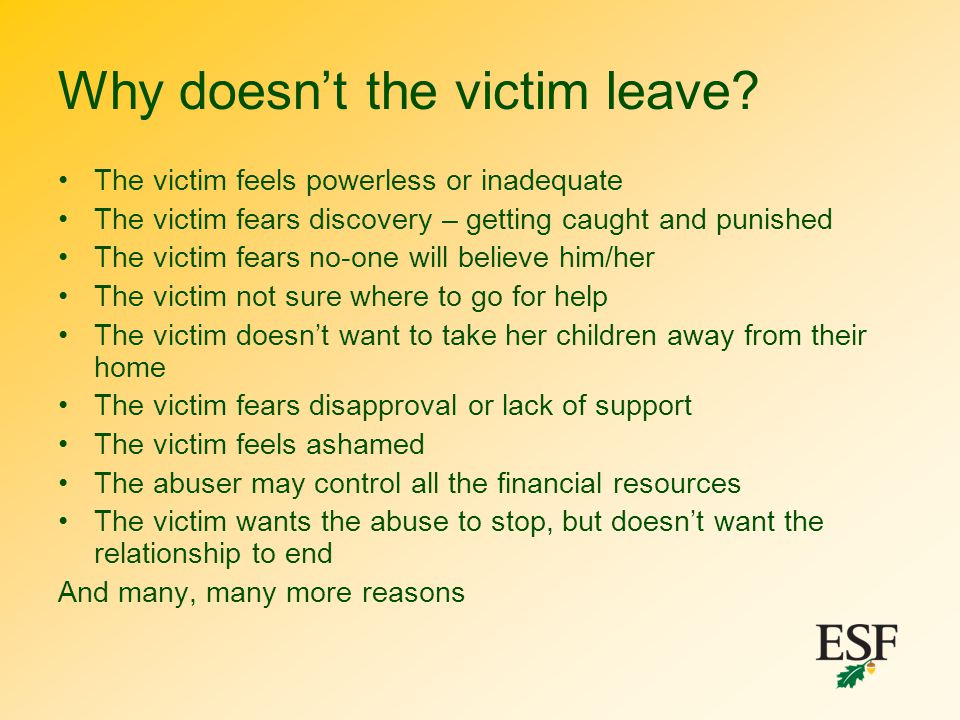Childhood trauma repressed memories
8 Signs of Repressed Childhood Trauma in Adults
Sometimes you feel like something about you just isn’t quite right. You respond to certain places, people, or experiences in ways that you just don’t understand. You’re wondering if something happened that makes you feel this way. You may want to consider whether you should look for signs of repressed childhood trauma in adults.
Experiencing traumatizing events during your early years is incredibly difficult. For some people, their brains choose to push the memory down into their unconscious, so they can continue living their lives. It isn’t something you decide to do. It is your brain’s coping mechanism, so you can survive and attempt to thrive. But the childhood trauma may cause you issues without you even realizing why.
Childhood Trauma and Memory Loss
Adverse Childhood Experiences are traumatic events that happen in your life before you reach adulthood. There are 10 ACEs, and each traumatic experience can harm your ability to function as an adult if you don’t cope with them.
The 10 ACEs are:
- Physical abuse
- Verbal abuse
- Sexual abuse
- Physical neglect
- Emotional neglect
- Alcoholic parent(s)
- Victim(s) of domestic abuse
- Family member(s) with mental illness
- The disappearance of parent(s), whether through a divorce, abandonment, or death
- Family member in prison
These traumas can impact your brain’s ability to form memories. It could be due to a physical impact on your brain, which impairs your ability to create memories. It also could be from your brain’s attempt to cope with the emotional and psychological impact of the trauma.
Sometimes you can develop dissociative amnesia. This memory loss is when you are unable to remember critical autobiographical information. Whether mild or severe, dissociative amnesia can impact all aspects of your life.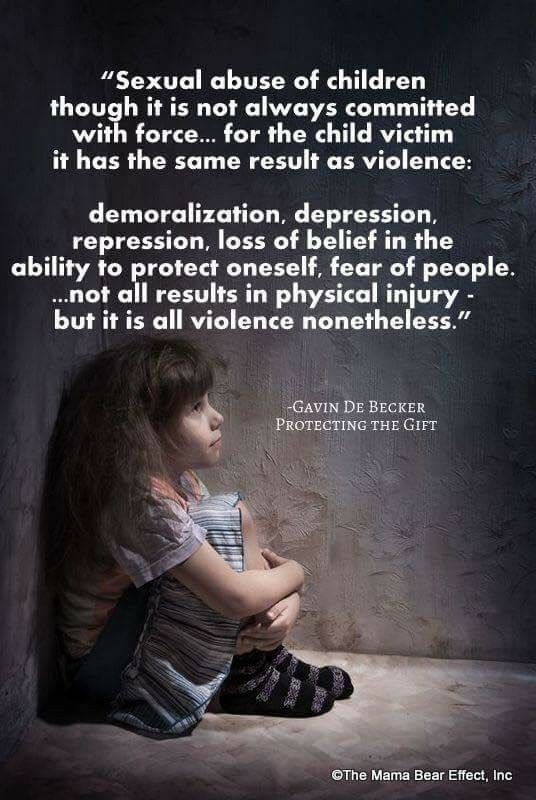
Experts sometimes classify repressed memories from childhood trauma as a type of dissociation. You’re separating yourself from your past and trying to cope.
8 Signs of Repressed Childhood Trauma in Adults
Identifying the signs of repressed childhood trauma in adults can be tricky. Many of these signs also align with other mental health concerns. But some signs are unique as well.
1. Strong Unexplained Reactions to Specific People
Have you ever met someone and immediately felt “off” about them? This feeling may be a sign of repressed childhood trauma. Your mind and body warn you that the person isn’t safe, even if you don’t know them. As a result, you may feel your body shift into a more protective stance, or you may have a strong desire to leave the situation. But you can’t identify why. This reaction may be because that person reminds you of someone who caused you trauma in the past.
2. Lack of Ease in Certain Places
Places also can induce feelings of stress, fear, and anxiety in someone repressing memories of childhood trauma.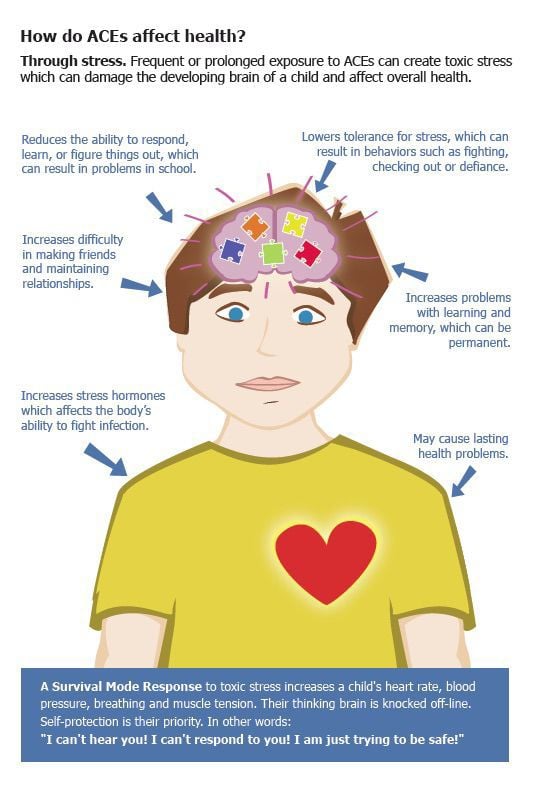 When you first had your traumatizing experience, your brain made notes of everything — the colors, the smells, the sounds. Being in a place similar to your repressed childhood memories may trigger that fear deep within you and cause you to go into fight or flight mode.
When you first had your traumatizing experience, your brain made notes of everything — the colors, the smells, the sounds. Being in a place similar to your repressed childhood memories may trigger that fear deep within you and cause you to go into fight or flight mode.
3. Extreme Emotional Shifts
Controlling emotions is difficult at the best of times. For those suffering from repressed childhood trauma, it is an even more difficult battle. If you have unaddressed ACEs, you may find that you are extremely upset by the everyday actions of others. You find yourself quickly going from relaxed and at ease to filled with anger or fear, all because of something seemingly small. Often this change is because that seemingly small thing subconsciously reminds you of some aspect of your repressed childhood trauma.
4. Attachment Issues
Many ACEs cause you to have an intense fear of abandonment. Attachment issues can be because of developmental disruptions caused by traumatic experiences.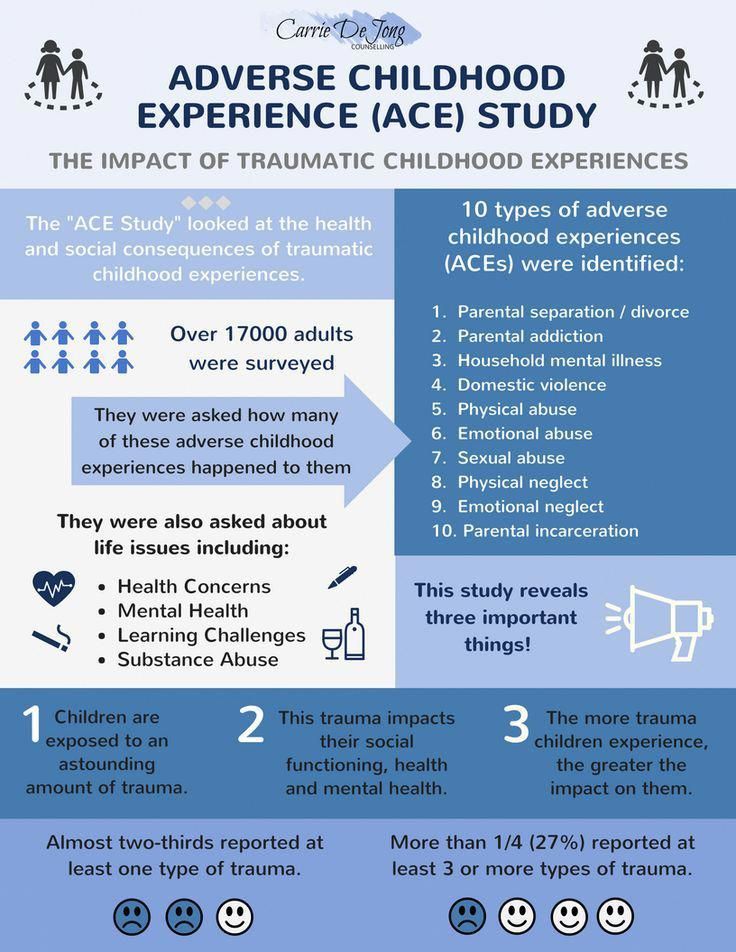 You may find that you become intensely attached to other people and feel upset or highly emotional about them leaving. Even if it is just your partner leaving for an evening out or your friend going out of town, it causes intense anxiety and fear.
You may find that you become intensely attached to other people and feel upset or highly emotional about them leaving. Even if it is just your partner leaving for an evening out or your friend going out of town, it causes intense anxiety and fear.
5. Anxiety
Anxiety is an emotion many people cope with throughout their lives. Those who have repressed childhood memories may experience more anxiety than others. Once you start uncovering your repressed trauma with an experienced mental health professional, you’ll be able to reveal how anxiety ties to your traumatic experiences.
6. Childish Reactions
Moments of immaturity and childish outbursts are typical. But when this happens frequently, and you find that you regress into a child-like state, you may be coping with adverse experiences. Childish reactions may be a sign that you’re dealing with repressed childhood memories. It could be that you throw tantrums, speak in a child-like voice, or are stubborn about small things. These regular regressions are all indicative that you have memories you haven’t unlocked.
These regular regressions are all indicative that you have memories you haven’t unlocked.
7. Consistent Exhaustion
You only have so much mental and emotional energy in a day. If you repress traumatic childhood memories, you subconsciously spend much of your energy on that. Exhaustion robs you of the energy you need to build and form new relationships and makes it difficult for you to connect with others.
8. Unable to Cope in Normal Stressful Situations
Life comes with seemingly constant stressors. They’re part of a typical adult experience. People with repressed childhood trauma find themselves unable to cope with these everyday events and often lash out or hide. You may find that you lash out at others in a childish manner or throw tantrums when things don’t go your way. You are regressing to that original state you were in during trauma and trying to protect yourself.
How ILC Treats Signs of Repressed Childhood Trauma in Adults
Knowing the signs of repressed childhood trauma in adults is only one step toward recovery.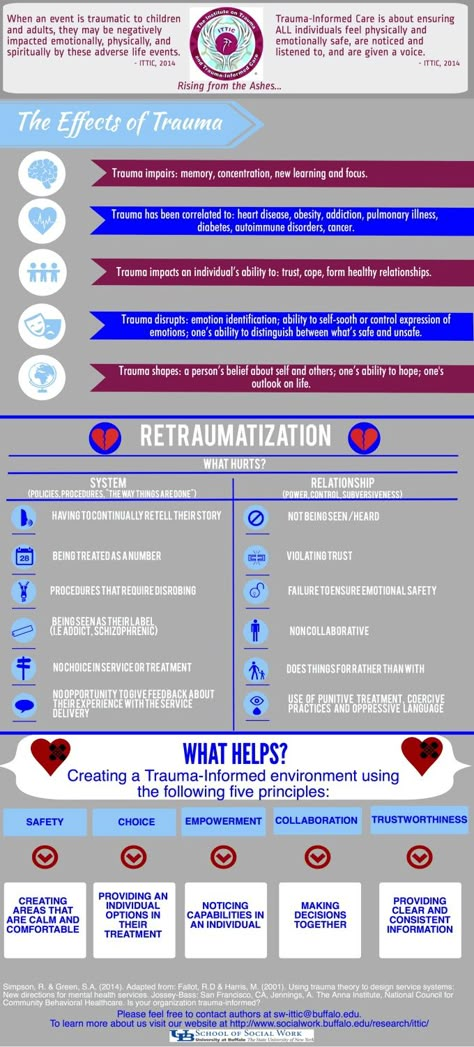 You need to recover those memories in a safe space where professionals can help you understand and cope with the trauma.
You need to recover those memories in a safe space where professionals can help you understand and cope with the trauma.
At Integrative Life Center, our trauma-informed therapy techniques allow you to navigate your repressed childhood trauma at your own pace. You will learn the tools you need to accept your trauma and move forward in your life. If you’re ready to uncover your childhood memories and start living your life to the fullest, contact ILC today.
ISTSS - Childhood Trauma
Home > > > > Recovered Memories of Childhood Trauma
The popular press has reported many stories about adults who suddenly remember having been abused as children. Some media reports have emphasized the unusual circumstances or content of such recovered memories while other reports have declared that the "recovery" of memories of abuse is false for a variety of reasons. Little in the press, however, has dealt with the science relating to memories of childhood trauma.
Is it Possible to Forget Childhood Trauma?
People forget names, dates, faces and even entire events all the time. But is it possible to forget terrible experiences such as being raped? Or beaten? The answer is yes—under certain circumstances. For more than a hundred years, doctors, scientists and other observers have reported the connection between trauma and forgetting. But only in the past 10 years have scientific studies demonstrated a connection between childhood trauma and amnesia.
Most scientists agree that memories from infancy and early childhood—under the age of two or three—are unlikely to be remembered. Research shows that many adults who remember being sexually abused as children experienced a period when they did not remember the abuse. Scientists also have studied child victims at the time of a documented traumatic event, such as sexual abuse, and then measured how often the victims forget these events as they become adults. They discovered that some people do forget the traumatic experiences they had in childhood, even though it was established fact that the traumatic events occurred.
They discovered that some people do forget the traumatic experiences they had in childhood, even though it was established fact that the traumatic events occurred.
What Makes People Remember a Traumatic Event After Such a Long Delay?
At the time of a traumatic event, the mind makes many associations with the feelings, sights, sounds, smells, taste and touch connected with the trauma. Later, similar sensations may trigger a memory of the event. While some people first remember past traumatic events during therapy, most people begin having traumatic memories outside therapy.
A variety of experiences can trigger the recall. Reading stories about other people's trauma, watching television programs that depict traumatic events similar to the viewer's past experience, experiencing a disturbing event in the present, or sitting down with family and reminiscing about a terrible shared episode—for some people, these kinds of experiences can open the floodgates of frightful and horrible memories.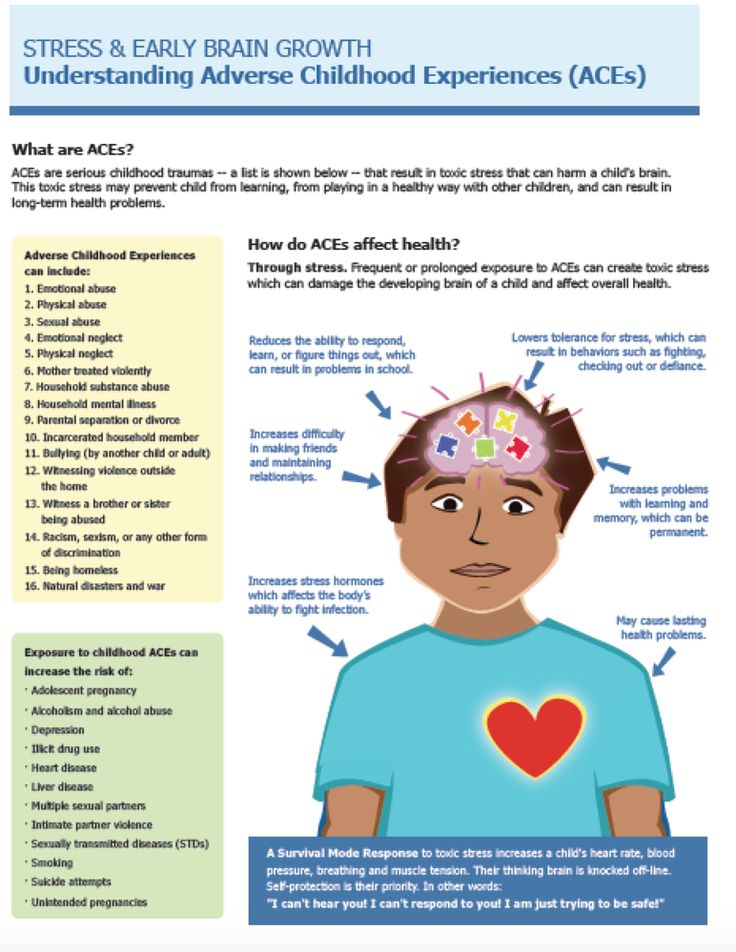
Are Recovered Memories Always Accurate?
Scientists believe that recovered memories—including recovered memories of childhood trauma—are not always accurate. When people remember childhood trauma and later say their memory was wrong, there is no way to know which memory was accurate, the one that claims the trauma happened or the one that claims it did not.
How Might False Memories Develop?
A great deal of laboratory research involving normal people in everyday situations demonstrates that memory is not perfect. Evidence shows that memory can be influenced by other people and situations, that people can make up stories to fill in memory gaps and that people can be persuaded to believe they heard, saw or experienced events that did not really happen. Studies also reveal that people who have inaccurate memories can strongly believe they are true.
What Kind of Treatment is Helpful for Problems Associated with Early Trauma?
Trauma-focused treatments do work, though not all the time and not for every person.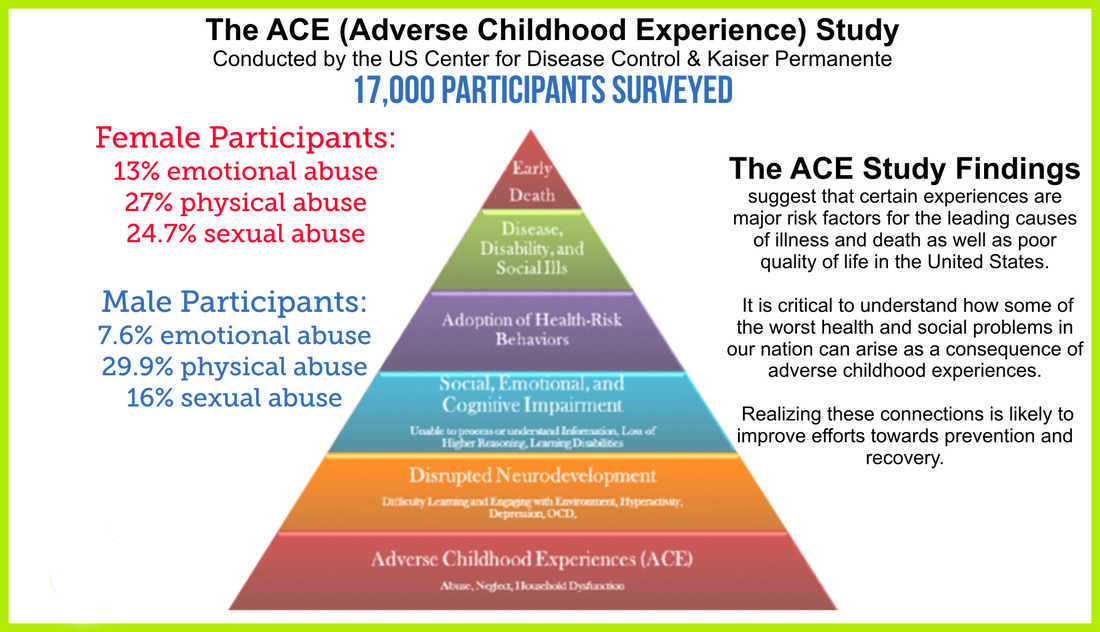 It is important for doctors, psychotherapists and other health care providers to begin a treatment plan by taking a complete medical and psychiatric history, including a history of physical and psychological trauma. Knowledge about details of traumatic experiences and some of their possible effects can help professional caregivers formulate a treatment approach that might reduce symptoms and improve daily functioning.
It is important for doctors, psychotherapists and other health care providers to begin a treatment plan by taking a complete medical and psychiatric history, including a history of physical and psychological trauma. Knowledge about details of traumatic experiences and some of their possible effects can help professional caregivers formulate a treatment approach that might reduce symptoms and improve daily functioning.
How Does Trauma-Focused Therapy Work?
The point of trauma-focused therapy is not to make people remember all the disturbing things that ever happened to them. People do not need to remember every detail in order to heal. Rather, the goal of psychotherapy is to help people gain authority over their trauma-related memories and feelings so that they can get on with their lives. To do this, people often have to talk in detail about their past experiences. Through talking, they are able to acknowledge the trauma—remember it, feel it, think about it, share it and put it in perspective.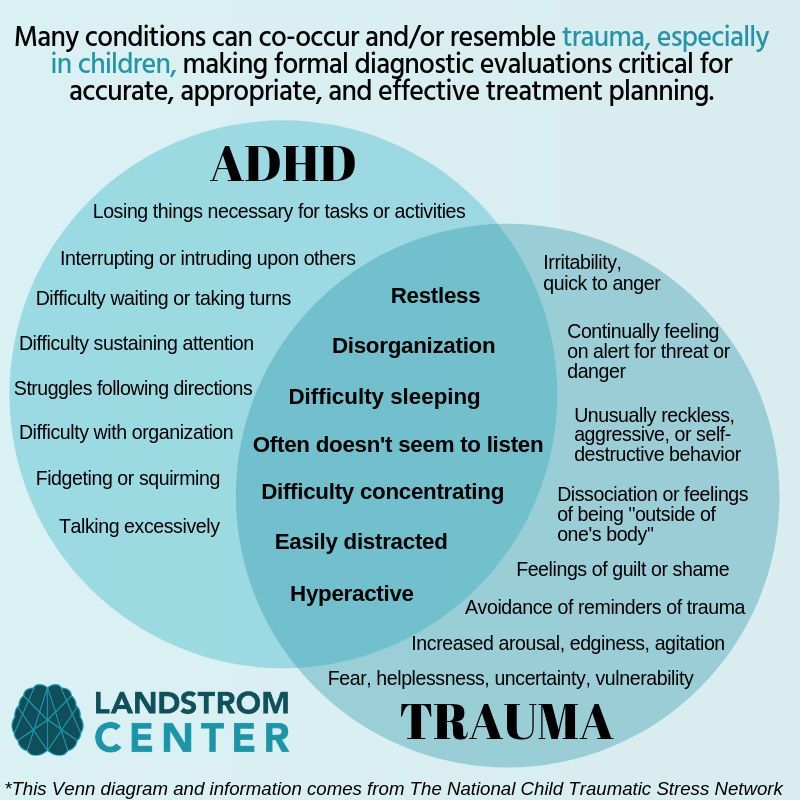 At the same time, to prevent the past from continuing to influence the present negatively, it is vital to focus on the present, since the goal of treatment is to help individuals live healthier, more functional lives in the here and now.
At the same time, to prevent the past from continuing to influence the present negatively, it is vital to focus on the present, since the goal of treatment is to help individuals live healthier, more functional lives in the here and now.
What is the Therapist's Role in Uncovering Traumatic Memories?
Just as it is harmful for people to believe that something horrible happened to them when nothing did, it is equally harmful for people to believe that nothing happened when something bad did occur. Ultimately, the individual involved—not the therapist—must reach a conclusion about what happened in the past. Good therapy shouldn't create or reinforce false beliefs, whether the beliefs are of having been abused or of not having been abused. Competent therapists realize their job is not to convince someone about a certain set of beliefs, but to let reality unfold for each person according to the individual's own experience, interpretation and understanding. Helpful psychotherapy provides a neutral, supportive environment for understanding oneself and one's past.
Helpful psychotherapy provides a neutral, supportive environment for understanding oneself and one's past.
Are There Things a Therapist Should Not Do?
Every profession has specific standards of conduct for its practitioners. Based on the current state of knowledge, it is safe to say that some practices are risky. First, a therapist should not automatically assume that certain symptoms mean a person has been abused. Since the same symptoms can often point to a variety of causes, symptoms alone can't provide a proper indication of childhood trauma. Encouraging people to imagine they were traumatized when they have no memory of a traumatic event may promote inaccurate memories. Encouraging such memories under the influence of hypnosis or sodium amytal ("truth serum") can further increase the risk of inaccuracies. It also is not appropriate for a therapist to instruct patients to pursue a particular course of action, such as suing or confronting the alleged perpetrator or severing all family ties.
What Should I Do if I Think I May Have Been Abused?
People sometimes suspect they may have been abused as a child, but they can't clearly remember events or are told things that contradict their memories. Trained therapists can provide individuals with the opportunity to look objectively at their suspicions, consider alternative explanations for their feelings and become informed about the way memory works or can become distorted.
Thus the goal of therapy is to address client-generated concerns about possible childhood sexual abuse, to help clarify the issues related to such concerns, to resolve leftover feelings or ways of behaving that may be due to such traumatic ex periences or concerns, and to help each client shift his or her focus from the past to the present and beyond.
Why is it Important to Get Help for Problems Related to Traumatic Childhood Events?
Traumas and adversities in childhood may leave scars that last into adulthood and put a person at risk for a variety of difficulties.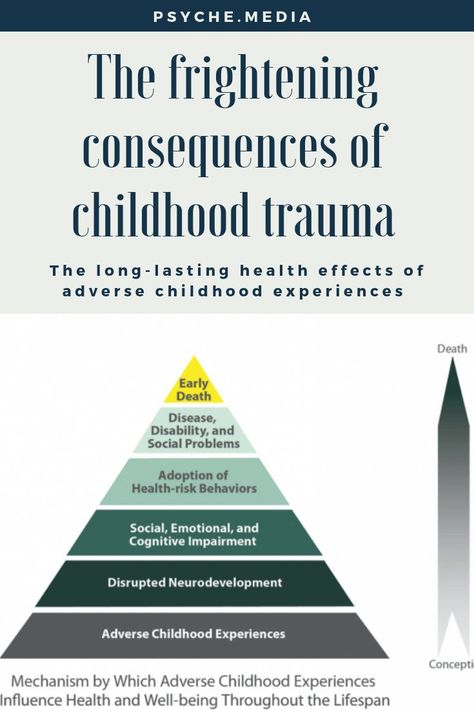 This is true for all kinds of early traumas including accidents, disasters and witnessing violence directed at others, but it is especially true for child abuse and neglect, the victims of which have been studied extensively. Not all childhood trauma survivors experience difficulties in adulthood. However, for many people, it may be important to come to terms with past traumatic events. People who have been in treatment can gain relief from anxiety and depression and are able to stop focusing on the disturbing memories and feelings associated with traumatic childhood events.
This is true for all kinds of early traumas including accidents, disasters and witnessing violence directed at others, but it is especially true for child abuse and neglect, the victims of which have been studied extensively. Not all childhood trauma survivors experience difficulties in adulthood. However, for many people, it may be important to come to terms with past traumatic events. People who have been in treatment can gain relief from anxiety and depression and are able to stop focusing on the disturbing memories and feelings associated with traumatic childhood events.
For more information, contact your state mental health or social work association, psychological or psychiatric association, or victims' service or sexual assault crisis agency.
This information is based on a document entitled, Childhood Trauma Remembered: A Report on the Current Scientific Knowledge Base and its Applications, prepared by ISTSS.
Repressed memories and traumatic dissociations
Among modern psychologists and psychotherapists, the theory of "repressed memories and repressed traumas" is very fashionable and popular.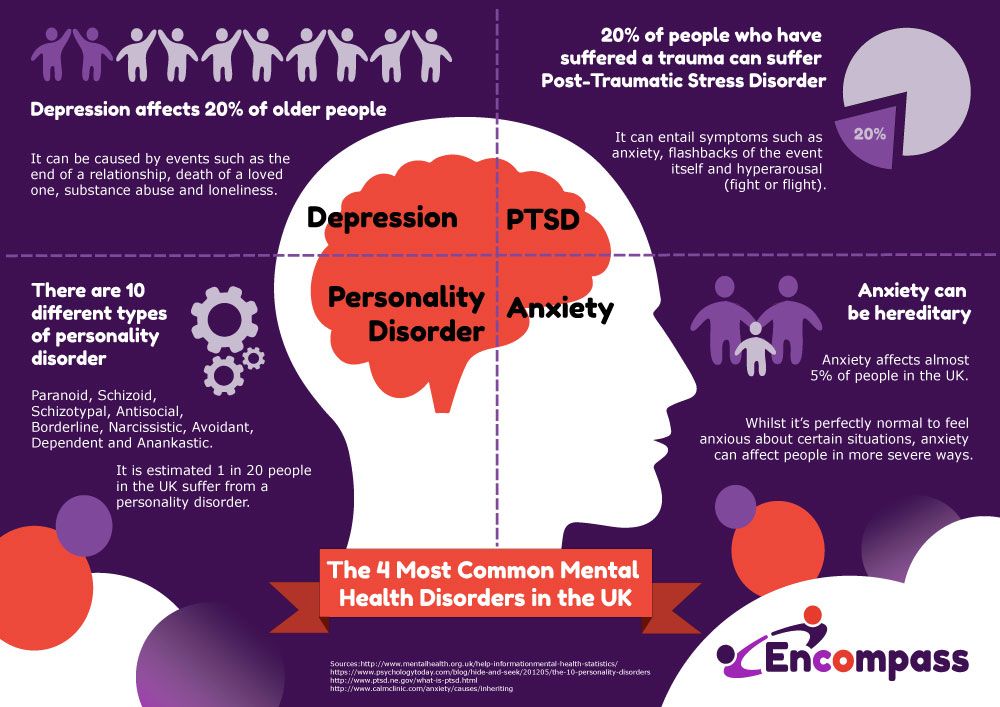 There is probably not a single person interested in the sphere of the human psyche who has not heard or read a popular article about it. And after all, on the one hand, you can’t say anything: many of these stories look so tragic, exciting and believable that most ordinary people have no doubt about their authenticity. Let's try to understand in more detail the origins and essence of this phenomenon.
There is probably not a single person interested in the sphere of the human psyche who has not heard or read a popular article about it. And after all, on the one hand, you can’t say anything: many of these stories look so tragic, exciting and believable that most ordinary people have no doubt about their authenticity. Let's try to understand in more detail the origins and essence of this phenomenon.
A bit of "American" history
In the early 80s of the last century, a girl named Nancy Tyson (at that time she was already 18 years old) filed a lawsuit against her own father, claiming that he regularly performed sexual acts on her as a child. Nancy claimed that rapes occurred from her age of three until she was eleven years old. Referring to "psychological trauma", she spoke of the so-called "repressed memories" that surfaced from her subconscious when she became an adult and realized what was really happening.
Initially, the court refused to satisfy the girl's claim due to the expiration of the statute of limitations for the committed act. Nancy did not give up and got to the Supreme Court (Washington State), where her claim was also rejected due to lack of real evidence.
Nancy did not give up and got to the Supreme Court (Washington State), where her claim was also rejected due to lack of real evidence.
However, two years later, the Legislative Assembly (in the same place, in the state of Washington) passed an official law that revised the statute of limitations for such acts. If previously a person had the right to file a lawsuit within a three-year period after the alleged act or upon reaching the age of 18, after the revision of the law, everything has changed radically. Now "victims of child rape" had the right to file claims within three years after they "discovered" or "remembered" that they had once been sexually assaulted.
Nancy Tyson was followed in the literal sense of the word by a psychoepidemic, numbering tens of thousands of people of all ages in the United States, who in all seriousness claimed that they remembered rape after sessions with psychotherapists or psychoanalysts. In 1995 more than 40 people were arrested.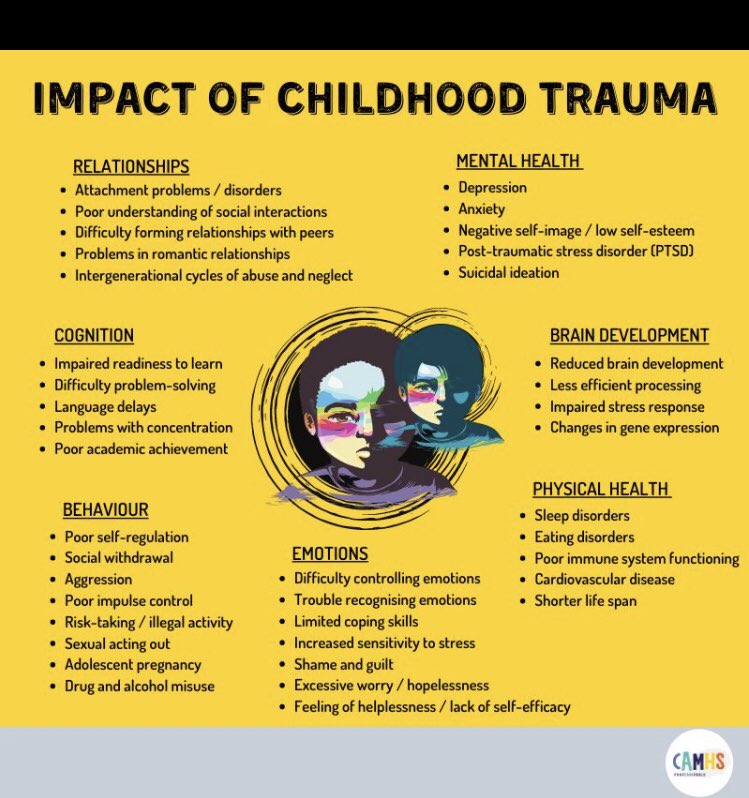 They were accused of regularly committing sexual acts towards children. These were both parents of children who attended one of the Sunday schools, and teachers. The American press "buzzed" about the "Circle" sect: it was allegedly organized by the parents and teachers of the "affected" children precisely with the aim of seducing them. Children told chilling stories about how adults let each of them go in circles during closed sex parties and events held on the basis of one of the church parishes. It may seem incredible, but then most of the children were simply taken away from their parents and found foster families for them, and 18 people were subjected to long prison terms.
They were accused of regularly committing sexual acts towards children. These were both parents of children who attended one of the Sunday schools, and teachers. The American press "buzzed" about the "Circle" sect: it was allegedly organized by the parents and teachers of the "affected" children precisely with the aim of seducing them. Children told chilling stories about how adults let each of them go in circles during closed sex parties and events held on the basis of one of the church parishes. It may seem incredible, but then most of the children were simply taken away from their parents and found foster families for them, and 18 people were subjected to long prison terms.
Nothing of the sort actually happened. Fortunately, faculty and students at the University of Washington took up the investigation in time to stop the further spread of the growing psychic epidemic. They organized a real project of saving innocent people and achieved the removal of all charges against them. Now this case can be found in the press under the well-known name "Wenatchee Witch Hunt". There are many examples of such acquittals.
Now this case can be found in the press under the well-known name "Wenatchee Witch Hunt". There are many examples of such acquittals.
Old Freud is "to blame" for everything
All of America was, figuratively speaking, filled with similar scandalous stories until the 90s of the last century. People constantly chimed in about rape memories “due to a realization or a session with a psychoanalyst.” Some really believed that they were kidnapped by members of mystical or satanic sects right from their children's bedrooms. The main essence of what happened was the irresistible force of trauma, previously forced into the subconscious, and access to information was opened by “effective psychotherapy”.
Of course, Sigmund Freud, the famous Austrian physician and founding father of the equally famous psychoanalysis, played an important role in the formation of the theory of repressed memories and repressed childhood trauma associated with rape. The main goal of psychoanalysis is that a person, in the process of working with a therapist, becomes aware of difficult and unpleasant memories that our psyche allegedly represses after what happened - in order to protect.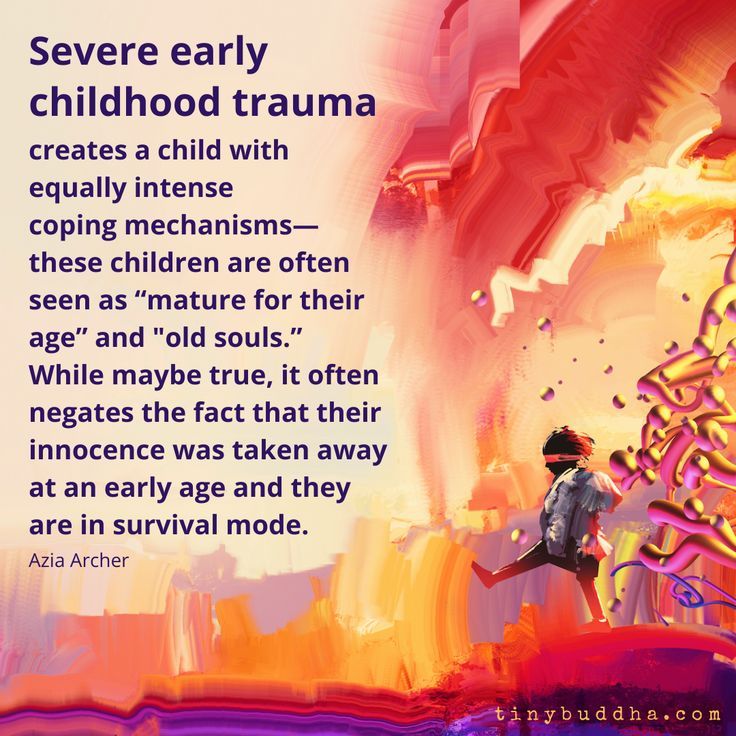 However, repressed memories have a detrimental effect on a person’s life, therefore, “it is imperative to work with them”, taking them out of the spheres of the unconscious to the level of consciousness.
However, repressed memories have a detrimental effect on a person’s life, therefore, “it is imperative to work with them”, taking them out of the spheres of the unconscious to the level of consciousness.
Many psychotherapists continue to specialize in this area to this day, arguing that any person needs to "extract into the light of day" repressed memories hidden in the twilight of the unconscious. This is the only way to get rid of their influence once and for all. However, many of Freud's theories and conjectures are based on his fantasies and do not have any empirical confirmation from a scientific point of view, given what deceptions of memory and imagination are often "thrown" by people by their own psyche.
Scientific myth debunking
Many years later, major scientists nevertheless made a serious attempt to debunk the reality of repressed memories, but their supporters also distinguished themselves with enviable persistence, renaming them “traumatic dissociations.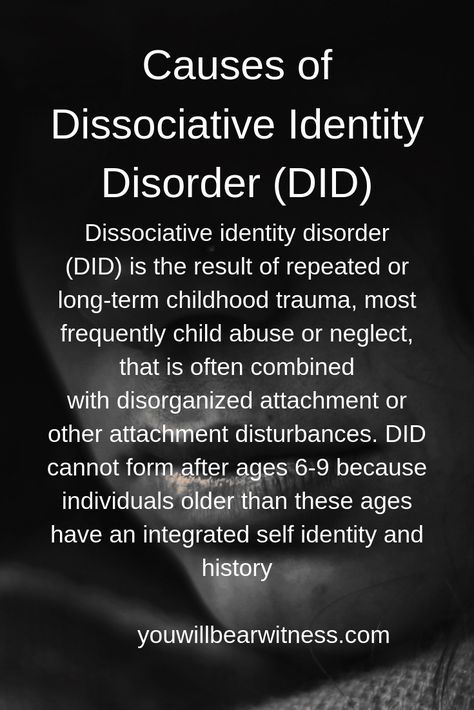 ” The results of their research were published in a popular journal called Perspectives in Psychological Science, and one of the scientists who was deeply involved in the study of phenomena characteristic of human memory was Elizabeth Loftus.
” The results of their research were published in a popular journal called Perspectives in Psychological Science, and one of the scientists who was deeply involved in the study of phenomena characteristic of human memory was Elizabeth Loftus.
Dr. Loftus is a former professor at the University of Washington. She openly says that the memories of any person, if desired, can be easily replaced using the power that his imagination has. The famous experiment of the professor, which tells about a child lost in a shopping center, is a clear demonstration of this. The role of suggestion, when people completely lack criticism when receiving any information, is huge here. For example, if an adult is told that he was once lost in a shopping center as a child, he will easily believe it.
Unfortunately, the idea of repressed memories is now successfully sold under the guise of traumatic dissociations. However, if you follow normal logic, how can a child forget that he was regularly raped as a child? He may hide the fact of rape out of fear, but forget - definitely not. Most studies prove the opposite: strong psycho-traumatic events are forever stored in people’s memory and are not “repressed” anywhere, and most of the colorful and mystical stories about rape are nothing more than a figment of the imagination.
Most studies prove the opposite: strong psycho-traumatic events are forever stored in people’s memory and are not “repressed” anywhere, and most of the colorful and mystical stories about rape are nothing more than a figment of the imagination.
One of the leading psychologists at Harvard University, Richard McNally, in 2005, wrote an official appeal to representatives of the Supreme Court. He had to deal with another case of "repressed and recovered memories of the rape." He openly stated that the idea that psychotherapists can recover forgotten facts is detrimental to the science of the human psyche.
Nevertheless, this kind of “treatment” continues to be practiced by many psychotherapists. The idea is regularly exaggerated by the world's leading media, but scientists who are seriously involved in the study of the psyche believe that it brings great harm not only to the patients themselves, but also to their environment and society as a whole.
Like the material?
Your mail
I agree with the privacy policy
Don't forget to subscribe to our Yandex. Zen!
Zen!
how childhood traumas affect adult life • Excerpts from books on the website of the publishing house BOMBORA
- Book excerpts
- May 12, 2022
Psychiatrist Bessel van der Kolk explains with the example of a story about inc*ste
More interesting things below
The cut will heal, the fracture will heal, and the psychological trauma will simply subside. If you let things take their course, then suppressed psychotrauma can interfere with normal life for a long time.
Dr. Bessel van der Kolk has spent thirty years researching post-traumatic stress disorder (PTSD) and its consequences. In the book The Body Remembers Everything, Kolk shared the stories of patients and explained the role of psychological trauma in a person's life and what techniques help to overcome it.
Sharing the story of Marilyn and her PTSD.
Fear, rage and shame
Marilyn was a tall, athletic woman in her thirties. She said that a few months ago she started playing tennis with a firefighter named Michael. She usually shunned men. But with Michael, she became so comfortable that she began to agree to his invitations to eat pizza after the game.
She said that a few months ago she started playing tennis with a firefighter named Michael. She usually shunned men. But with Michael, she became so comfortable that she began to agree to his invitations to eat pizza after the game.
One day, after tennis and pizza, Marilyn invited him to her house. But as soon as they were alone, she felt "shackled and out of touch with reality." After a couple of glasses of wine, they fell asleep together in her bed. When Michael rolled over in his sleep, Marilyn felt the touch of his body and began to beat him with her fists, scratching and biting, shouting: "Oh you bastard, oh you bastard!"
Michael got up, gathered his things and ran away. And Marilyn became extremely ashamed: she hated herself for what she had done. So we met: she turned to me to cope with the fear of men and inexplicable fits of rage.
A mute body and a “probably” happy childhood
In five years, Michael became the first man Marilyn invited to her place. She explained that she always got tense when she was alone with a man. And before that she had already "come to her senses, huddled in a corner and not remembering what had happened."
She explained that she always got tense when she was alone with a man. And before that she had already "come to her senses, huddled in a corner and not remembering what had happened."
Marilyn had the feeling that she was "just pretending" to be alive. She felt alive only on the tennis court and at work. Once she tried to overcome her insensitivity with a blade, she cut herself deeply and often, and in the end she got scared and quit. Marilyn also tried to get drunk, but it reminded her of her father's drunkenness. So she settled on tennis.
When I asked about her childhood, Marilyn said that she "probably" had a happy one. But she remembers little except that she was a timid teenager and ran away from home at sixteen after a violent run-in with her alcoholic father.
Without eyes and with a huge pen***m
At one of the meetings I asked Marilyn to draw a family portrait. She drew a child, distraught with fear, like a cage. The child was threatened by three nightmarish figures - one without eyes - and a huge pen**.
And this woman said she "probably" had a happy childhood! Seeing her drawing, I decided to act slowly. It was obvious that Marilyn had repressed memories, but she did not allow herself to recognize what is depicted in her own drawing. I decided to start treatment by inviting Marilyn to a therapy group where she could find support and acceptance before dealing with the cause of her mistrust, shame, and anger.
Total Recall
At one of the group meetings, a woman named Mary wanted to speak. With difficulty squeezing out the words, she told how when she was thirteen years old, she was abused by her older brother. She got pregnant and her mother gave her a home abo*t. The group was sensitive to the story and began to console Mary when she began to cry. At the end of the meeting, Marilyn told the whole group, “As I listened to this story, I thought that maybe I myself experienced sexual abuse.”
My jaw just dropped. From the drawing, I assumed she knew—at least deep down—that this was exactly what had happened to her. Especially since in response to Michael's touch, she reacted exactly like a victim of inc * hundred. But her conscious, verbal part had no idea what had happened to her. Her immune system, her muscles, her fear system all remembered. But there was no story in her mind to describe what she had experienced.
Especially since in response to Michael's touch, she reacted exactly like a victim of inc * hundred. But her conscious, verbal part had no idea what had happened to her. Her immune system, her muscles, her fear system all remembered. But there was no story in her mind to describe what she had experienced.
Mary's story prompted Marilyn to deal with her past.
"Don't piss off daddy!"
Thanks to individual therapy, Marilyn began to access her memory. In one of the sessions, an image of the wallpaper from her room popped into her head. She realized that she was focusing on them when her father fucked her at the age of eight. This caused such fear that she simply squeezed it out of her memory.
Marilyn also remembered asking her mother for protection. How she ran to her and hid her face behind the hem of her mother's skirt, but met only a lifeless embrace. Sometimes the mother was silent, sometimes she scolded Marilyn for "pissing off daddy." There was no one to protect a frightened child from us*liya.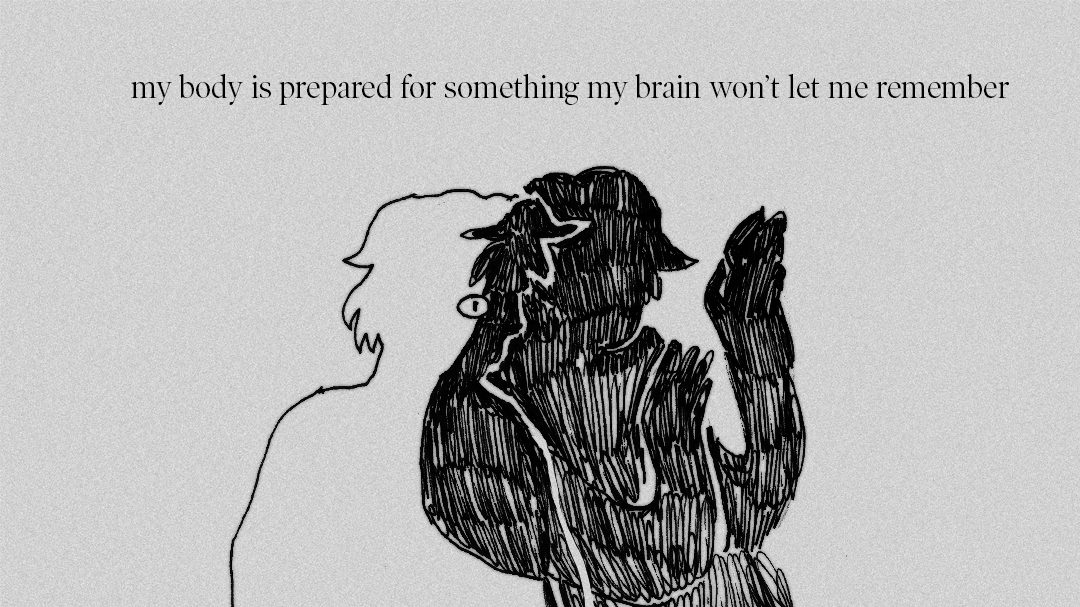
In The Child Abuse Indulgence Syndrome, psychiatrist Roland Summit wrote: “Indulgence, intimidation, harassment, isolation, and consequent helplessness and self-flagellation are the horrendous realities of sexual abuse of children. Any attempt by the child to divulge the secret is opposed by the silence or disbelief of adults. “Don’t worry about it, this will never happen in our family.” “How could you even think of such a terrible thing?” “I don’t want to hear about it anymore!” The average child never asks or tells."
On the road to recovery
Children feel that they will be punished if they talk about being beaten and abused. They spend all their strength not to think about what happened, not to feel the horror and panic remaining in the body. They are silent to cope with their feelings, withdraw from their own body, close, behave obediently or defiantly stubbornly.
In addition, children are programmed to be deeply loyal to their caregivers, even if they are being abused by them.

